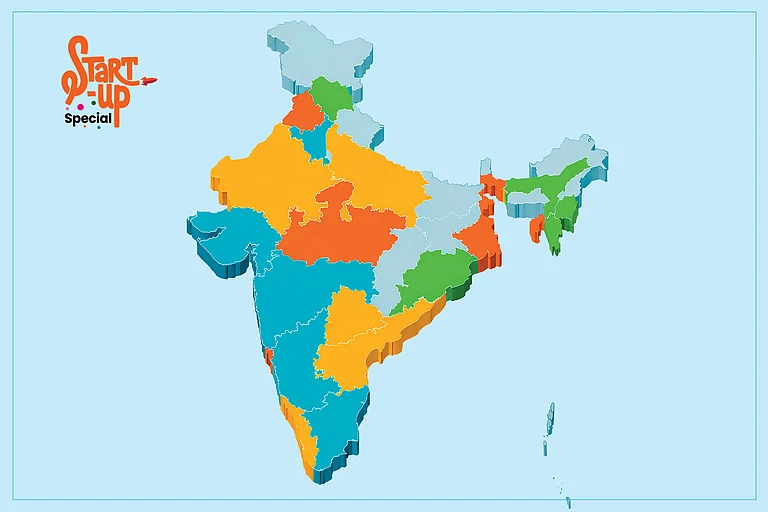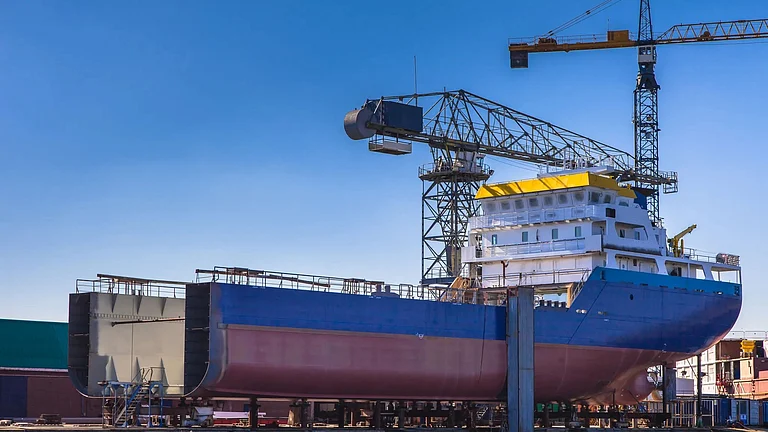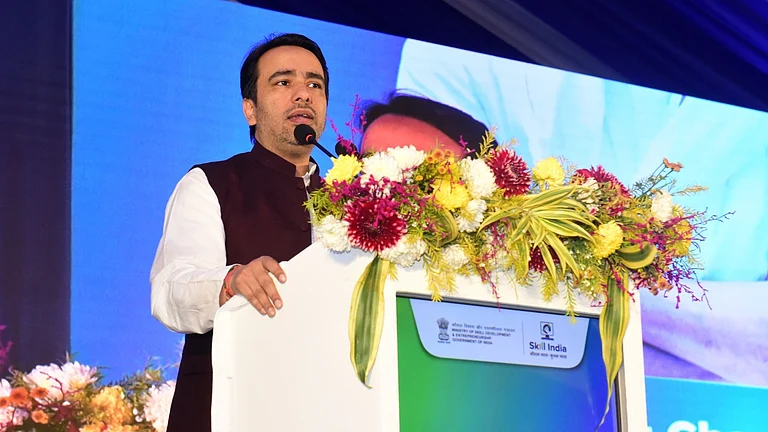The Start-Up India initiative has transformed the start-up and innovation ecosystem of the country. What began as an ambitious effort to foster innovation, generate employment and drive economic growth has turned into one of the country’s most impactful development stories, a journey highlighting not only innovation but also the growing risk appetite of Indians. Their jan bhagidari (collective effort) and passion for self-reliance.
Over the past nine years, the number of recognised start-ups increased from about 500 to more than 1.57 lakh. These start-ups have reportedly created over 1.7mn direct jobs across 55 industries.
Under the initiative, the Union government has introduced over 60 reforms to facilitate ease of doing business, simplify regulatory processes, reduce compliance burden and provide financial incentives to start-ups such as abolishing of angel tax, easing mergers, single-window compliance systems and tax exemptions.
Going Beyond Metros
While many metro cities are leading start-up hubs and produce significant innovation, the real story of India’s entrepreneurial zeal lies in smaller towns. Around 50% of start-ups recognised by the department for promotion of industry and internal trade (DPIIT) come from non-metro regions. The entrepreneurial spirit of India’s grassroots holds the key to ensuring that India’s start-up revolution is both inclusive and far-reaching.
The smaller cities and towns of India represent a vast, untapped reservoir of talent and opportunity. These cities are home to a burgeoning middle class and a young population eager to shape the future. Years ago, for many of these regions, entrepreneurship was a distant dream. There was a traditional preference for stable career paths and risks associated with starting a business were often seen as insurmountable.
The Start-Up India initiative has brought about a cultural change in the mindset of people. It has enabled people from the most remote areas of the country to become risk takers and lead the start-up movement. The change is seen in the way people perceive entrepreneurs and start-ups.
"The Start-Up India initiative has enabled people from the most remote areas of the country to become risk takers and lead the start-up movement"
Earlier, start-ups and entrepreneurship were not considered viable careers. But today entrepreneurs receive as much respect, if not more, than traditional professionals. Some of our most famous entrepreneurs are household names even in rural areas, and our youth are looking up to them for inspiration.
This change in mindset is among the most significant changes brought about by the initiative. The government recognises people need to see examples of success to believe in the possibilities of entrepreneurship.
Highlighting the stories of entrepreneurs who have emerged from smaller towns and created thriving businesses can serve as a powerful catalyst for change. Through Start-Up India social-media channels, workshops and sensitisation programmes, we are aiming to spread such awareness.
Roadmap for Inclusion
The expansion of the Indian start-up ecosystem is driven by a whole-of-government approach—that demonstrates the collective and coordinated efforts across various government departments and agencies to foster a conducive environment for innovation and entrepreneurship.
Active measures are being taken to support the entire start-up ecosystem, catering not only to start-ups and entrepreneurs but also other stakeholders, including incubators, investors and academia.
Start-Up India’s spirit of collaboration is reflected in the National Start-Up Advisory Council (NSAC), which was established to ensure a cooperative public-private partnership approach. The mega start-up festival ‘Start-Up Mahakumbh’ ideated by the National Start-Up Advisory Council (NSAC) was organised with the efforts of the entire ecosystem.
"Entrepreneurs in smaller cities have unique insights into problems such as agricultural inefficiencies, rural healthcare and affordable education"
The Union government is prioritising mentorship, networking and collaboration. The Bharat Start-Up Knowledge Access Registry (BHASKAR) was launched with an aim to act as a one-stop platform to centralise, streamline and enhance collaboration among key stakeholders within the ecosystem. Through the platform, any entrepreneur anywhere can connect with stakeholders across the country for support.
Another area of focus is fostering start-ups that address local challenges. Entrepreneurs in smaller cities have unique insights into problems such as agricultural inefficiencies, rural health care and affordable education. By supporting start-ups that work on these issues, we want to ensure that innovation not only solves urban problems but also be relevant to the broader development needs.
The Vision Ahead
“Today, the leadership of Bharat’s start-up revolution is being taken by the youth of small towns,” said Prime Minister Narendra Modi. I firmly believe in the prime minister’s vision that the next phase of Start-Up India will be defined by the growth of entrepreneurship across the country, including at the grassroots.
These regions have the potential to drive economic transformation at scale. They can create millions of jobs, address critical social challenges and contribute significantly to our economic growth. The vision is to take the ‘start-up spirit’ to every corner of the country and ensure a recognised start-up in each district.
Proactive measures in this regard can be evidenced by the fact that at the beginning of 2024, approximately 80% districts in the country had recognised start-ups. Now, this number has increased to over 95%.
The goal is to achieve 100% district coverage and raise awareness of the possibilities and potential of entrepreneurship.
The government stands with the people to support them in realising their entrepreneurial aspirations and transforming India into the largest start-up ecosystem in the world.
The writer is joint secretary, DPIIT










